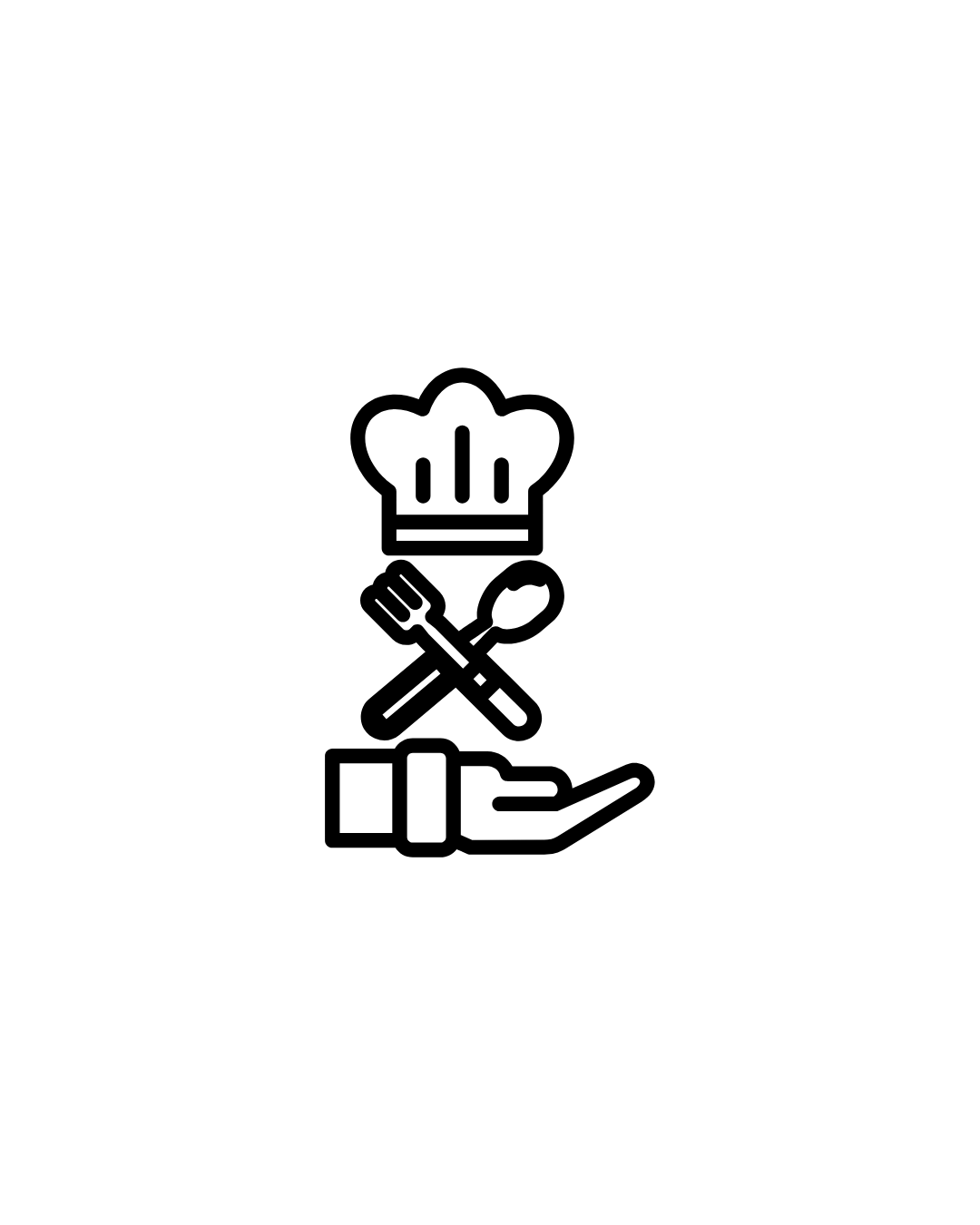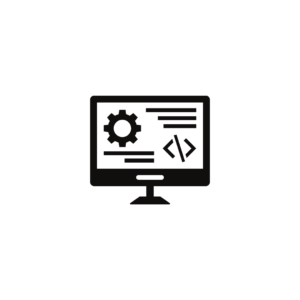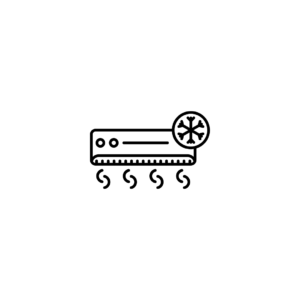Description
An Advanced Diploma in Culinary Arts is designed for individuals seeking to enhance their skills and knowledge in the culinary field, preparing them for careers as professional chefs, kitchen managers, or in other culinary-related roles. This program typically combines theoretical instruction with practical, hands-on training in various aspects of cooking, baking, menu planning, and kitchen management.
Course Details:
Duration: Usually 1 to 2 years, depending on the institution and the format of the program (full-time or part-time).
Eligibility: Generally requires a high school diploma or equivalent; some institutions may prefer candidates with prior culinary experience or education.
Mode of Study: Offered in full-time, part-time, or online formats, often including classroom learning complemented by practical workshops in culinary labs.
Curriculum:
The curriculum for an Advanced Diploma in Culinary Arts typically covers a broad range of topics, including:
1. Culinary Foundations
Knife Skills and Kitchen Techniques: Instruction on essential knife skills, cooking methods, and kitchen safety practices.
Ingredient Knowledge: Understanding the use of various ingredients, including herbs, spices, vegetables, meats, and seafood.
2. Cooking Techniques
Garde Manger: Skills for preparing cold dishes, including salads, charcuterie, and appetizers.
Sauces and Stocks: Techniques for making classic sauces and stocks, essential for many culinary dishes.
3. Baking and Pastry
Bread and Pastry Arts: Instruction on baking techniques, including bread making, pastries, cakes, and desserts.
Plating and Presentation: Skills in the art of food plating and presentation for a professional dining experience.
4. World Cuisines
Culinary Traditions: Exploration of various culinary traditions and techniques from around the world, including French, Italian, Asian, and other global cuisines.
Fusion Cooking: Techniques for combining elements from different cuisines to create innovative dishes.
5. Menu Planning and Development
Creating Menus: Understanding the principles of menu design, pricing, and seasonal considerations.
Food Costing and Inventory Management: Skills in managing food costs, utilizing inventory, and maximizing profitability in a kitchen setting.
6. Nutrition
Nutritional Guidelines: Overview of nutritional principles and dietary needs, including vegetarian, vegan, and health-conscious cooking.
Special Dietary Requirements: Preparing meals for various dietary restrictions, including allergies and intolerances.
7. Kitchen Management
Leadership Skills: Developing skills necessary for managing kitchen staff, fostering teamwork, and enhancing productivity.
Food Safety and Sanitation: Emphasis on food safety standards, hygiene practices, and sanitation requirements in culinary settings.
8. Practical Experience
Internship or Work Placement: Opportunities to gain real-world experience through internships or placements in restaurants, hotels, or catering services.
Capstone Project: A final project that involves planning and executing a significant culinary event or creating a comprehensive menu.
Assessment:
Assessment methods typically include:
Practical Exams: Evaluating cooking skills and techniques through hands-on assessments.
Written Tests: Assessing knowledge of culinary theory, nutrition, and kitchen management topics.
Project Work: Completing menu planning, cost analysis, or special projects that demonstrate culinary creativity and innovation.
Career Opportunities:
Graduates of an Advanced Diploma in Culinary Arts can pursue a variety of careers such as:
Professional Chef: Working in restaurants, catering companies, or hotels, preparing meals and leading kitchen teams.
Pastry Chef: Specializing in the preparation of desserts, pastries, and baked goods.
Culinary Instructor: Teaching cooking techniques and culinary arts in various educational settings.
Food Stylist: Creating appealing food presentations for photography, advertising, or publications.
Catering Manager: Overseeing catering operations and event planning.
This advanced diploma program provides students with the skills, creativity, and knowledge necessary for a successful career in the culinary arts, enabling them to excel in a competitive and dynamic industry. If you have any more questions or need specific information about the program, feel free to ask!









